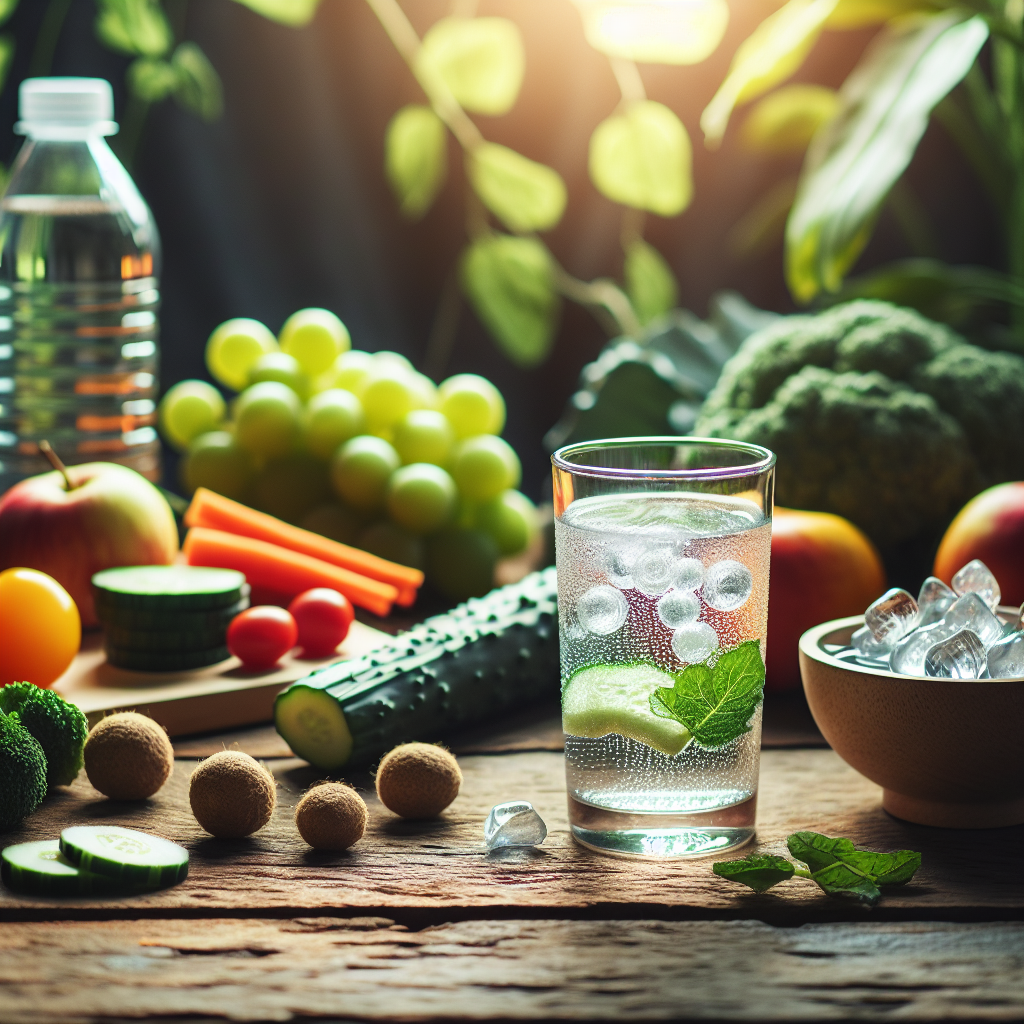Understanding Hydration Beyond Water
When we think about staying hydrated, the first solution that often comes to mind is drinking water. However, why hydration isn’t just about water is a question that delves deeper into the science of hydration and its impacts on our health. Proper hydration supports vital functions such as regulating body temperature, keeping joints lubricated, and helping organs to function correctly.
Electrolytes: The Hidden Hydration Heroes
Electrolytes are minerals with an electric charge, found in your body and various fluids. They play a crucial role in maintaining hydration by balancing the amount of water in your body, enabling your muscles to function, and managing your pH levels. Common electrolytes include sodium, potassium, calcium, bicarbonate, magnesium, chloride, and phosphate. Drinks that contain electrolytes can sometimes hydrate the body more effectively than water alone, especially after intense physical activity or during illness.
Dietary Contributions to Hydration
Besides drinking fluids, many foods can contribute to overall hydration. Fruits and vegetables like watermelon, strawberries, cucumber, and lettuce are over 90% water, providing a significant hydration boost. Incorporating a variety of these water-rich foods into your diet can help maintain fluid balance without having to consume large quantities of water.
The Role of Protein and Hydration
Protein might not directly contribute to hydration, but it plays an essential role in how your body uses and distributes water. For instance, proteins help to hold water in your muscles. Consuming adequate protein ensures that your body can effectively use the water it stores, contributing to overall hydration and muscle function.
Hydration Through Infused and Fortified Waters
Infused waters, enhanced with vitamins and minerals, can also aid hydration. These products often contain added electrolytes or herbal infusions that provide health benefits beyond simple hydration. For example, some waters are infused with vitamins B and C, which can help enhance energy and immune function.
Understanding Signs of Dehydration
Recognizing the signs of dehydration is crucial, as it can affect everything from physical performance to cognitive function. Symptoms include dry mouth, fatigue, extreme thirst, less frequent urination, dark-colored urine, dry skin, and dizziness. By understanding why hydration isn’t just about water, individuals can better recognize and use various hydration sources to prevent dehydration.
The Impact of Beverages on Hydration
While water is the most straightforward hydration source, other beverages like herbal teas and coconut water can also contribute beneficially. However, it’s essential to be aware of drinks that can promote dehydration. Beverages high in caffeine and alcohol might increase urine production or provide diuretic effects, respectively, which can lead to fluid loss.
Conclusion
In conclusion, while water is vital, it is not the sole player in the process of hydration. A balanced intake of electrolytes, a diet rich in water-containing foods, and the strategic use of infused or fortified waters can all support hydration. By broadening our understanding of what contributes to hydration, we can better meet our body’s needs in various conditions and activities.
To further explore the role of minerals in health, consider reading The Surprising Effects of Magnesium on Mood.


